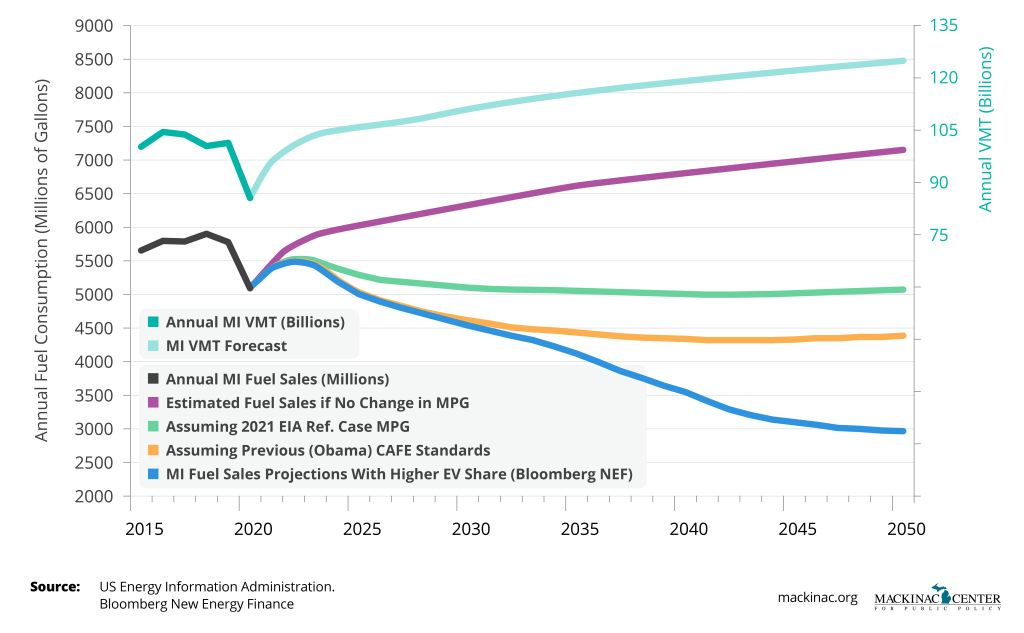Governor Gretchen Whitmer’s recent announcement of an extended tax benefit program in Michigan promises financial relief for over 700,000 households across the state. Set to commence in February, eligible households are expected to receive tax credit checks, offering an average benefit of $550 per household.

This initiative follows the signing of legislation by Governor Whitmer that significantly increased Michigan’s Earned Income Tax Credit from 6% to 30%, in alignment with the federal rate, while also eliminating taxes on pension income.
Primarily aimed at supporting working families, especially those with lower incomes and dependent children, this tax credit extension has the potential to result in substantial tax refunds, with some families anticipated to receive up to $3,150. The introduction of the Working Families Tax Credit is projected to positively impact nearly half of Michigan’s children, alleviating financial strains for families and assisting in meeting essential needs.

The expansion of these tax benefits transcends a mere financial gesture; it forms part of a broader strategy observed across the nation. Similar tax credits have proven to be crucial lifelines for families contending with the challenges of soaring living costs and stagnant wages.
By augmenting the income of individuals who often need it most – including individuals of color, women, and immigrants – these credits enable them to afford basic necessities. Consequently, this financial support stimulates local businesses and economies, fostering a cyclical pattern of growth and prosperity.
From a wider perspective, the implementation of these tax credits not only aids individual families but also holds the potential to invigorate economic expansion. Viewed as a strategic investment for the future, these measures have the capacity to diminish child poverty and fortify communities, particularly in recovering from the economic impact wrought by the pandemic.

Michigan’s proactive stance in expanding targeted financial relief stands as a testament to how such initiatives can tangibly improve lives and fortify the state’s economic health. By implementing these tax benefits, Michigan is setting an example for other regions, showcasing the positive impact of focused financial assistance on individuals, families, and the overall state economy.
Latest News:
- Florida Man Found Guilty in $16M Tainted HIV Medications Case Faces Four-Year Sentence
- Guardians’ Responsibilities Highlighted by Tragic Vacation Incident
Despite being a student and an athlete, Sachin never lets himself be confined merely to sports or academics and rightly shows vivid interest in work behind the lenses thus, making him the right fit for being a content creator at Landscape Insight. He serves the website with various reports from the entertainment industries right from web series to movies. When not found writing, he enjoys listening to music and playing video games.
You can reach him at [email protected] or through our website’s contact page.








